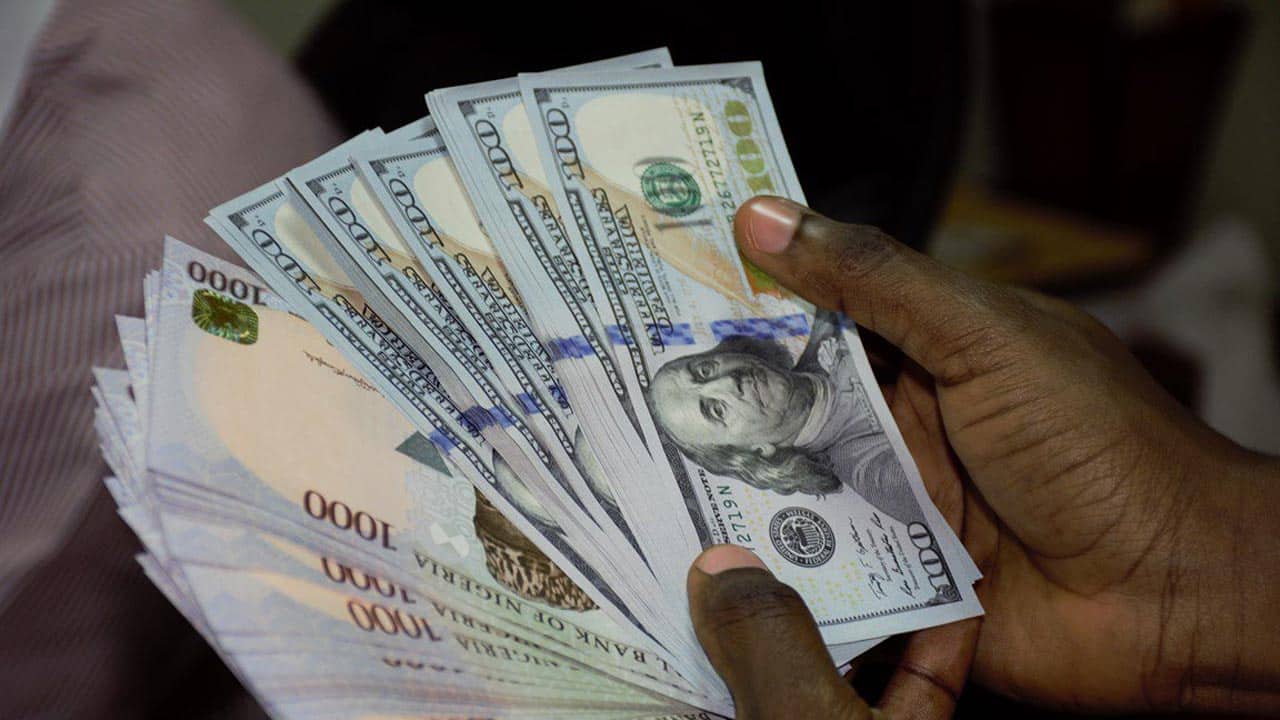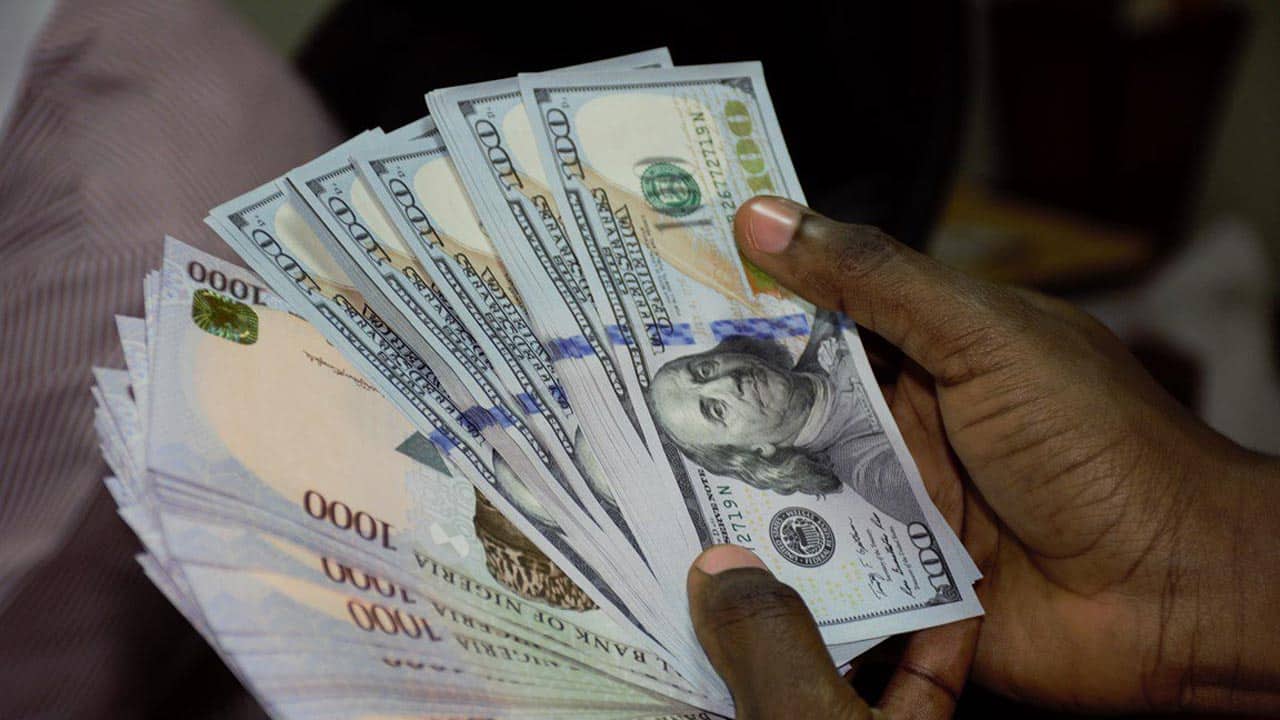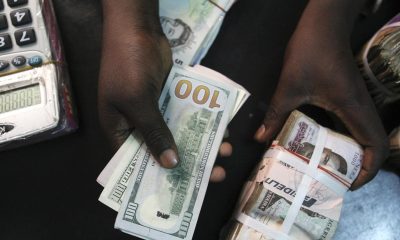Nigeria News
Black Market Dollar To Naira Exchange Rate To 4th March 2023

What is the Dollar to Naira Exchange rate at the black market also known as the parallel market (Aboki fx)? See the black market Dollar to Naira exchange rate for 4th March, below. You can swap your dollar for Naira at these rates.
How much is a dollar to naira today in the black market?
Dollar to naira exchange rate today black market (Aboki dollar rate):
The exchange rate for a dollar to naira at Lagos Parallel Market (Black Market) players buy a dollar for N755 and sell at N760 on Saturday 4th March 2023, according to sources at Bureau De Change (BDC).
Please note that the Central Bank of Nigeria (CBN) does not recognize the parallel market (black market), as it has directed individuals who want to engage in Forex to approach their respective banks.
Dollar to Naira Black Market Rate Today
| Dollar to Naira (USD to NGN) | Black Market Exchange Rate Today |
| Buying Rate | N755 |
| Selling Rate | N760 |
Please note that the rates you buy or sell forex may be different from what is captured in this article because prices vary.
About Two Million Nigerians Get ₦5,000 Cash Monthly – FG
The President Muhammadu Buhari-led government has said that 1,940,004 vulnerable Nigerians were currently benefiting from its cash transfer programme.
The Minister of Humanitarian Affairs, Disaster Management and Social Development, Hajia Sadiya Farouq, said this today at a One-Day Stakeholders’ Retreat On National Social Investment (Establishment) Bill organised by the Senate Committee on Social Duties.
According to her, the programme’s beneficiaries get ₦5,000 cash gifts monthly. Represented by the Permanent Secretary of the ministry, Dr Nasir Gwarzo, Farouq said the objective of the National Social Investment Programme (NSIP) Establishment Bill was to provide a statutory and institutional framework for implementing the National Social Investment Programme.
The Minister explained that NSIP was created in 2016 by President Buhari to address social and economic inequalities and alleviate poverty among Nigerians.
Farouq noted that four of the government’s social support programmes are meant to empower the poorest and most vulnerable Nigerians to enable them to attain an acceptable standard of living.
She said the NSIP, directly and indirectly, impacted poor Nigerians’ lives through its four cluster programmes.
She said these included the N-Power Programme, Government Enterprise and Empowerment Programme, the National Home Grown School Feeding Programme, and the Conditioner Cash Transfer Programme.




